Environmental Sustainability in Jamaica: PESTLE Analysis and Straw Ban
VerifiedAdded on 2022/11/14
|6
|539
|206
Report
AI Summary
This report delves into Jamaica's environmental sustainability initiatives, with a specific focus on the ban of single-use plastic straws. It provides a comprehensive PESTLE analysis, examining the political, economic, social, technological, legal, and environmental factors influencing the country's approach to sustainability. The report highlights Jamaica's reliance on tourism and agriculture, the growing environmental consciousness among its citizens, and the role of government and industry in promoting sustainable practices. It also discusses the country's efforts in waste management and the role of various stakeholders in promoting environmental sustainability. Furthermore, the report considers the impact of the plastic straw ban on the country's waste management and environmental impact, and provides insights into the market segmentation of the country.
1 out of 6
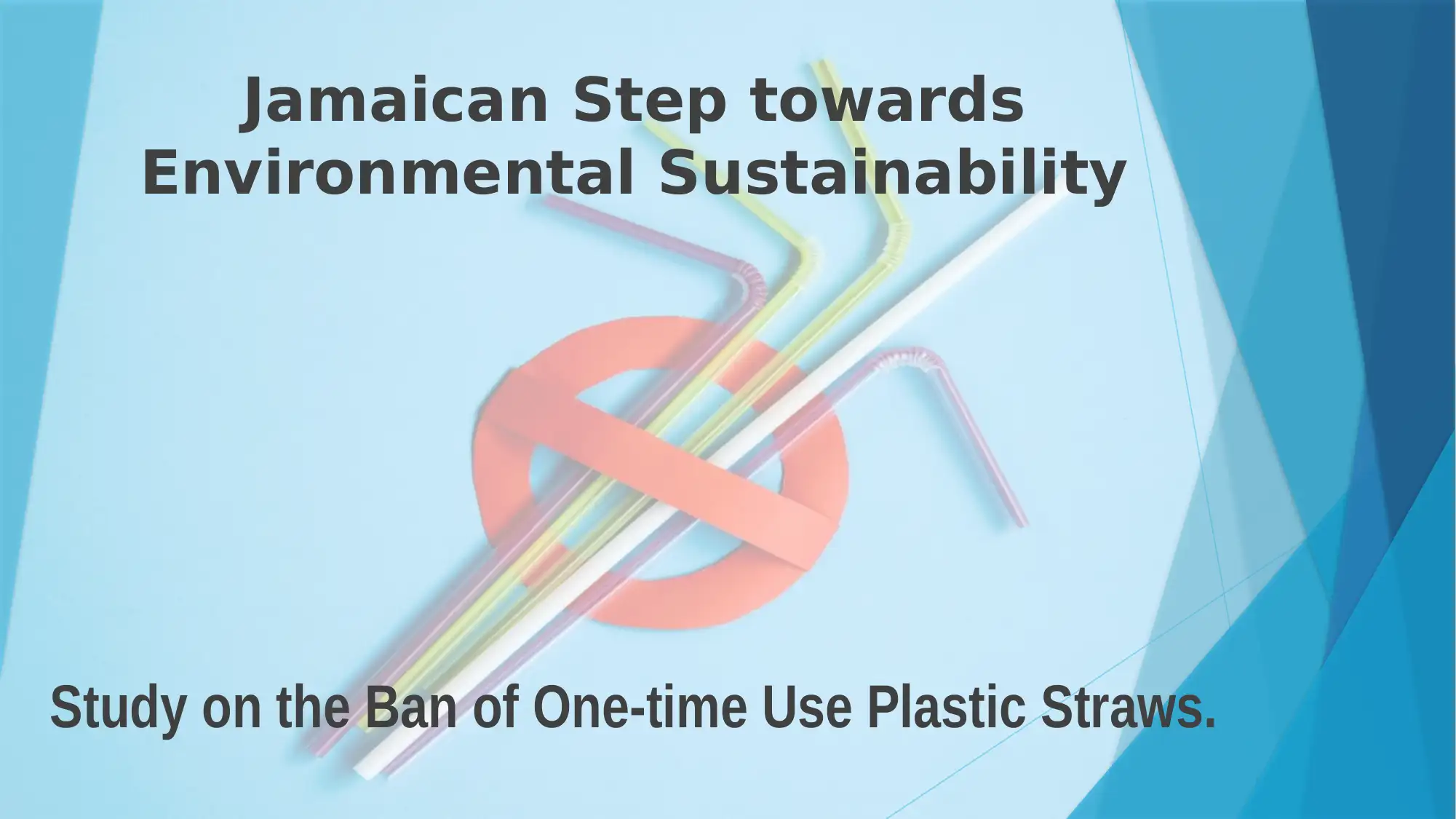
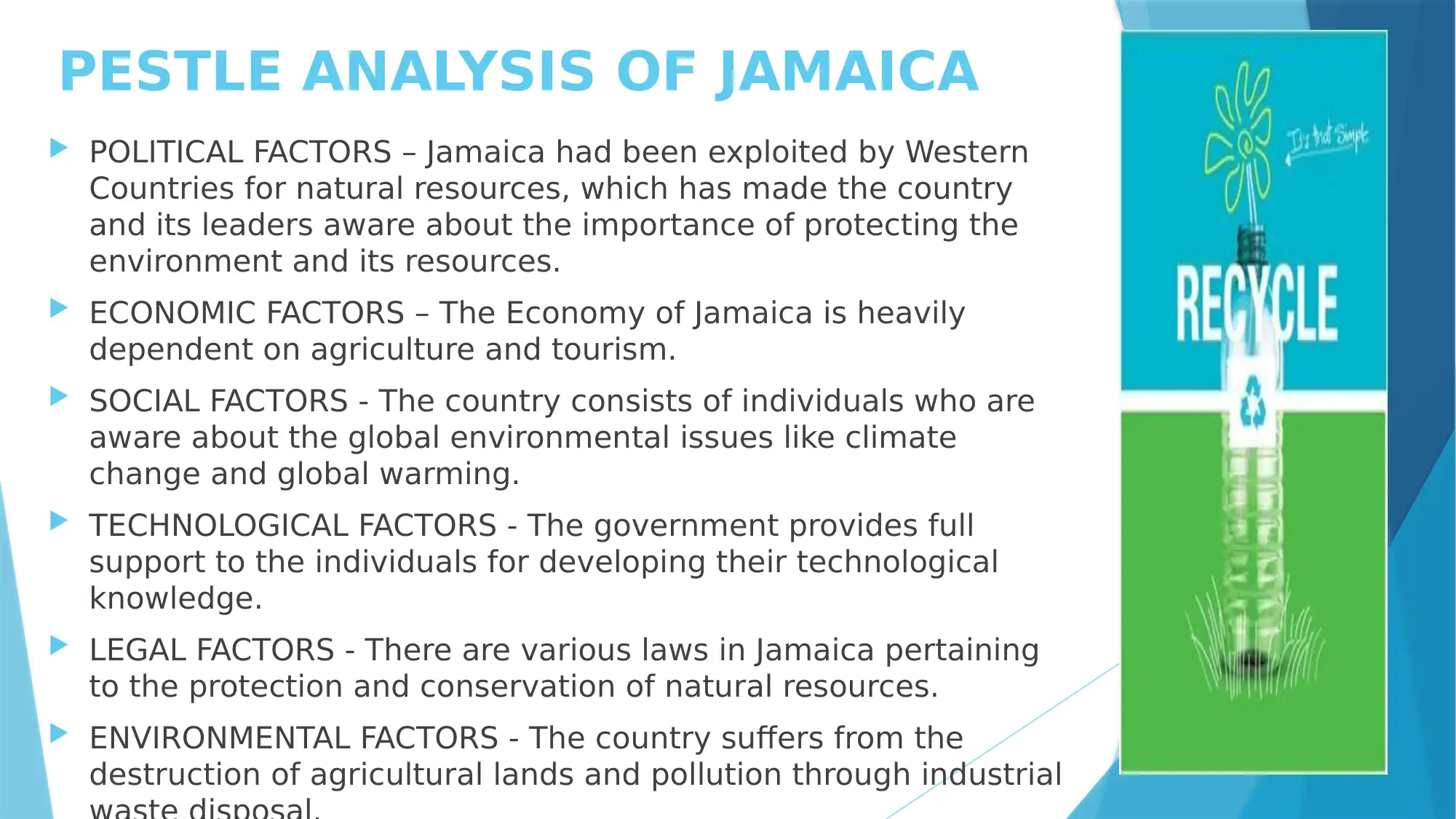
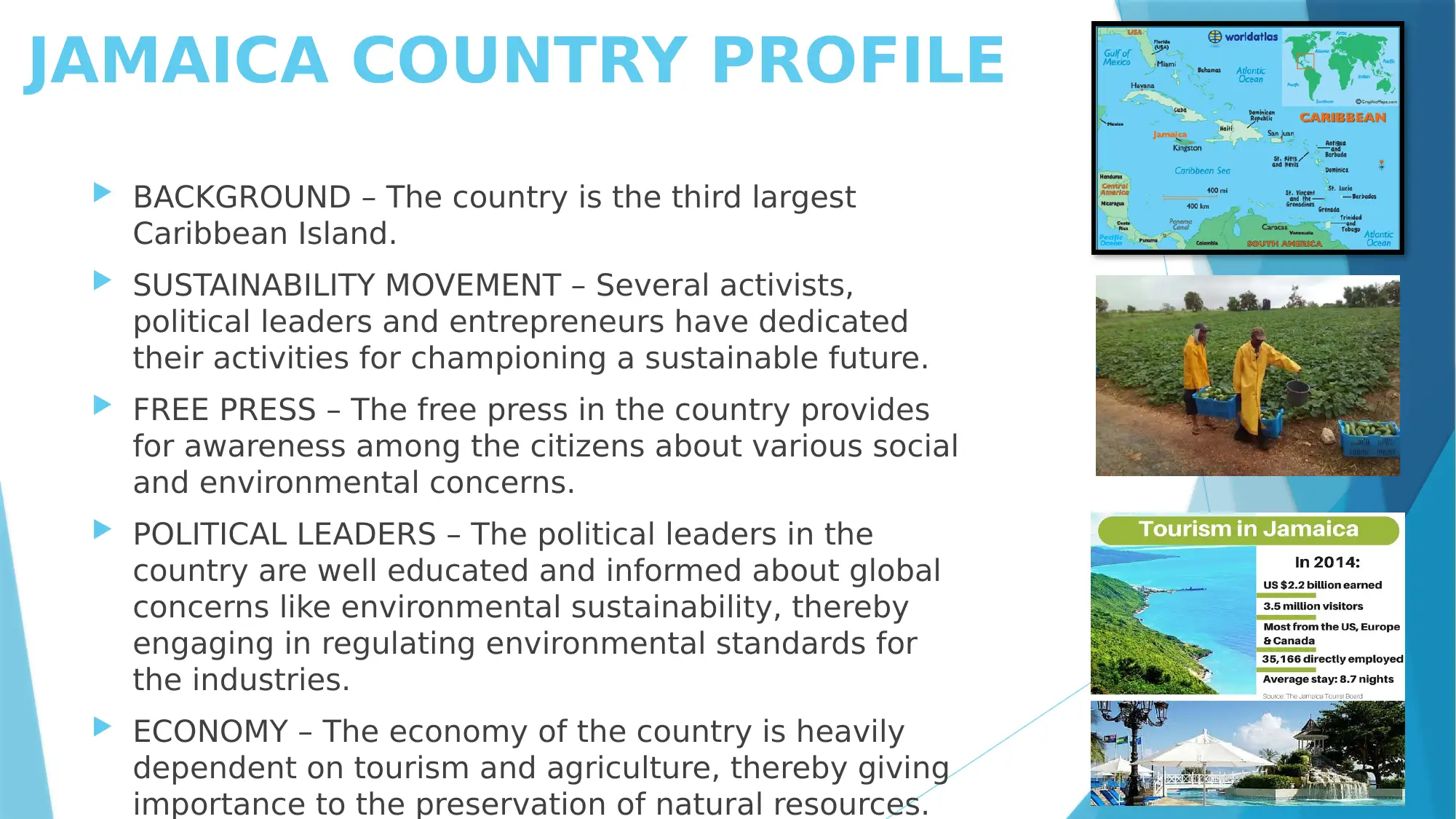

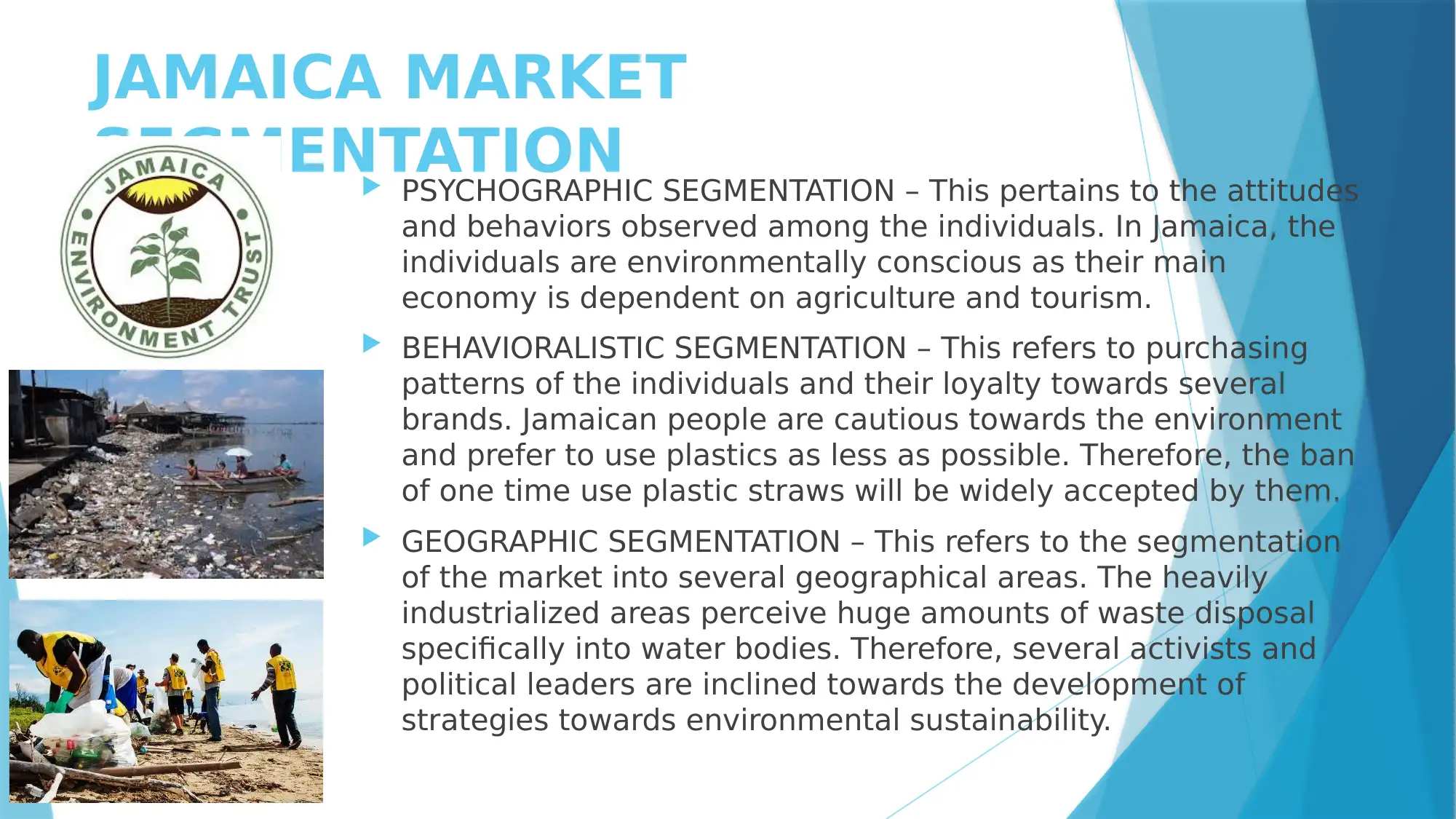
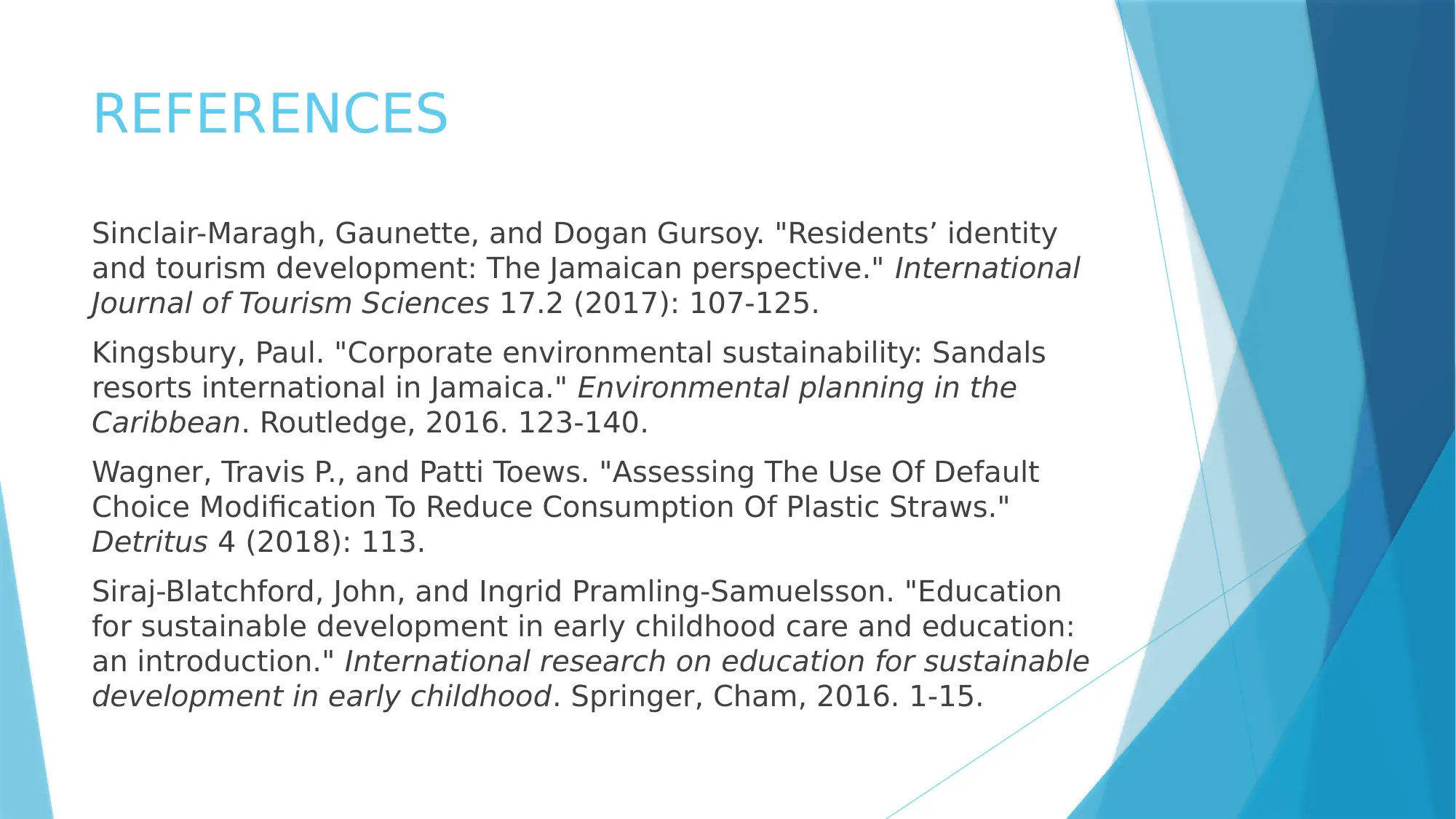


![[object Object]](/_next/static/media/star-bottom.7253800d.svg)